Also by Earl A. Grollman
Bereaved Children and Teens: A Support Guide for Parents and Professionals (editor)
Caring and Coping When Your Loved One Is Seriously IllConcerning Death: A Practical Guide for the Living (editor)
Explaining Divorce to Children (editor)
In Sickness and in Health: How to Cope When Your Loved One Is IIIJudaism in Sigmund Freuds WorldLiving When a Loved One Has DiedLiving When a Young Friend Commits Suicide: Or Even Starts Talking about It (with Max Malikow)
Rabbinical Counseling (editor)
Straight Talk about Death for Teenagers: How to Cope with Losing Someone You LoveSuicide: Prevention, Intervention, PostventionTalking about Death: A Dialogue between Parent and ChildTalking about Divorce and Separation: A Dialogue between Parent and ChildThe Working Parent Dilemma (with Gerri L. Sweder)
Time Remembered: A Journal for SurvivorsWhat Helped Me When My Loved One DiedWhen Someone You Love Has Alzheimers: The Caregivers Journey (with Kenneth S. Kosik, M.D.)
When Your Loved One Is DyingYour Aging Parents: Reflections for Caregivers (with Sharon Grollman)
 To all the mourners
To all the mourners
who have taught me
not only about death
but about
the meaning of life Comfort, oh comfort my people.
Isaiah 40:1INTRODUCTION
Death doesnt just happen to the person who dies. It also happens to those left behind. This book is about the anguish of losing a loved one, whether it is a spouse, a parent, a sibling, a child, a dear friend.
This book is also about life, healing, and finding a way through your grief. The rites of Jewish mourning unite two basic themes: Kevod ha-met, respect for the person who died, and Kevod ha-chai, respect for those who survive. These rites helped to guide and support generations of Jews in their journey through sorrow. It is my hope and prayer that this book may bring you a measure of solace and strength as you journey through the valley of the shadow of death. Zichrono/Zichronah li-veracha.
Grief
Grandfather, you were the pillar of fire in front of the camp, and now we are left in the camp alone, in the dark; and we are so cold and so sad.
Grief
Grandfather, you were the pillar of fire in front of the camp, and now we are left in the camp alone, in the dark; and we are so cold and so sad.
Noa Ben-Artzi Philosof, age seventeen, spoken at the funeral of her grandfather, Israeli prime minister Yitzhak Rabin The funeral is over. The rabbi has said the traditional prayers. So many people have come to the Shiva, the house of mourning, to offer their condolences. But now you are alone, really alone. Your loved one is dead. The life you shaped together no longer exists.
Death has struck like a cyclone. Your life is shattered, uprooted. You stand apart in a devastated landscape. I am racked with grief;Sustain me in accordance with Your word. Psalm 119:28 Who knew that grief would hurt so much? Since my husbands death, I feel as though Ive falleninto a dark pit, separatefrom everyone and everything. Talk. Weep. Rage. Rage.
You grieve deeply because you loved deeply. Grief is love not wanting to let go. Dont compare your loss with the loss of others. Each death is different. Each bereavement is unique. When it is the death of a child, it is the death of your future.
When it is the death of a parent, it is the death of your past. When it is the death of a spouse, it is the death of the present. Your grief is your own. No one can know how you feel. No one can shoulder the pain for you. But there can be solace in the presence of others people who love you and want to help, people who also mourn the loss of your beloved.
And there can be solace in the rich sources of our Jewish faith. That is why, during the Shiva, friends and family come together to offer condolences, to offer help, to recall the life they shared with your loved one. Comforting the mourner is an actof loving kindness toward boththe living and the dead. Kitzur Shulkhan Arukh 193:11 Sometimes in their attempt to console, people may say things that are so insensitive. Try to understand. Most of us feel awkward and ignorant when faced with death.
We really dont know what to say or do. Before the tragedy in your life, you might have made the same kind of remark. When my child was killed in an accidentAnd people said that it was Gods will, I wanted to scream. A bereaved mother Try to draw comfort from the sound of friends voices, if not from their words, from the closeness of their bodies standing near you, even though you feel so alone. Try to draw solace from the knowledge of their love and concern and sympathy. A Chasidic commentaryexplains why yod yod is a name for God:When one yod (Jew) is close to another yod when one Jew gives another a handin loving supportGods presence is with them.
The Many Faces of Mourning
My God, my God, Why have you forsaken me? I call by day, But you do not answer, And by night, But find no rest.
The Many Faces of Mourning
My God, my God, Why have you forsaken me? I call by day, But you do not answer, And by night, But find no rest.
Psalm 22 Loss is the nonnegotiable side of life. So much of the meaning of your future existence is determined by how you cope with your loved ones death. When a loved one dies, there is no way to predict how you will feel. You may cry hysterically, or feel hollow and numb. You may lash out in anger against family and friends, or you may cling to them as a mooring in a storm. When my sister died, I thoughtthere was something wrong with mewhen I lost control of my emotions. A bereaved brother Just as no love is the same, so no loss is the same. A bereaved brother Just as no love is the same, so no loss is the same.
Each person experiences grief in his or her own way. There is no right or wrong way to grieve. Grief is like a circular staircase. It manifests itself in different ways. You may be calm one moment in turmoil the next. Shock Denial Panic Anger Guilt Physical distress Depression These reactions arent neat sequential steps or stages leading you through the maze of grief.
Like a roller coaster, they are recurring themes of anguish in confronting a devastating loss. Learning about the emotions of grief may help you understand your own barrage of feelings. Just remember: Grief takes time and courage and patience. Try your best to be loving with yourself. Since there is no set timetable for bereavement, each one must find his or her own path to acceptance and healing. All garments must be rentopposite the heart...for the mourner has toexpose the heart. Kitzur Shulkhan Arukh 195:34
Shock
You may be numb.
Kitzur Shulkhan Arukh 195:34Shock
You may be numb.
You may feel like a victim of a violent windstorm swept away by forces you didnt expect and cant control. Nothing seems real. Youre not ready for this. When I heard my friend was murdered, my lips moved but no sound came out

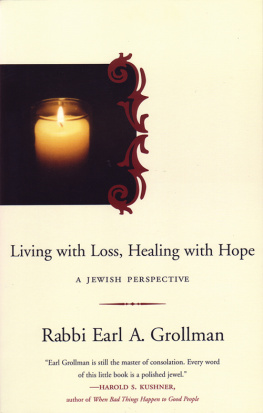
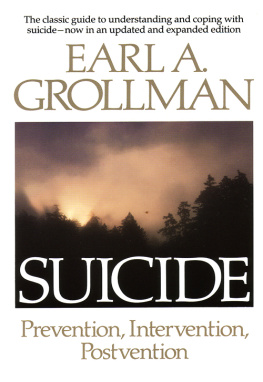
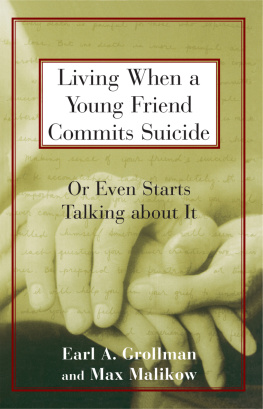
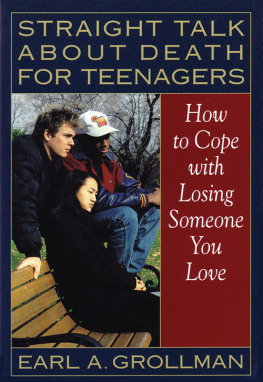
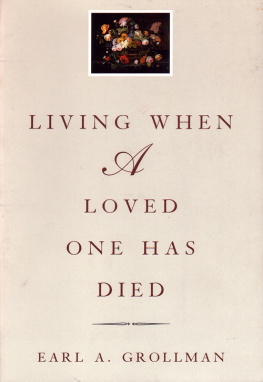

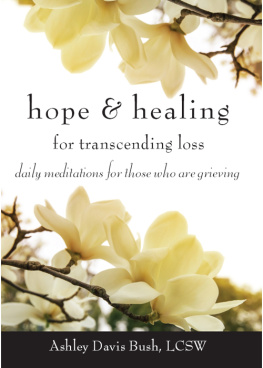
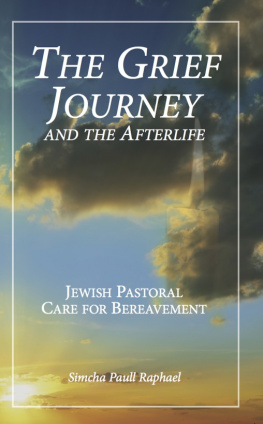
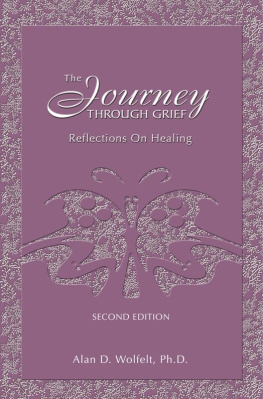
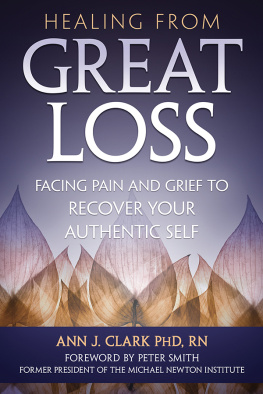
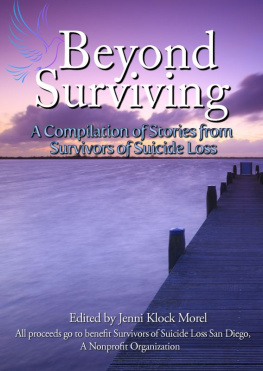
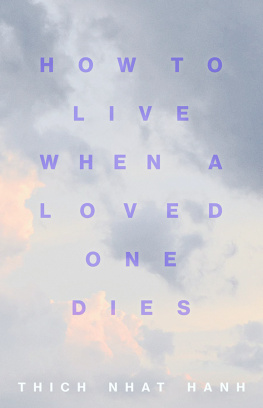

 To all the mourners
To all the mourners